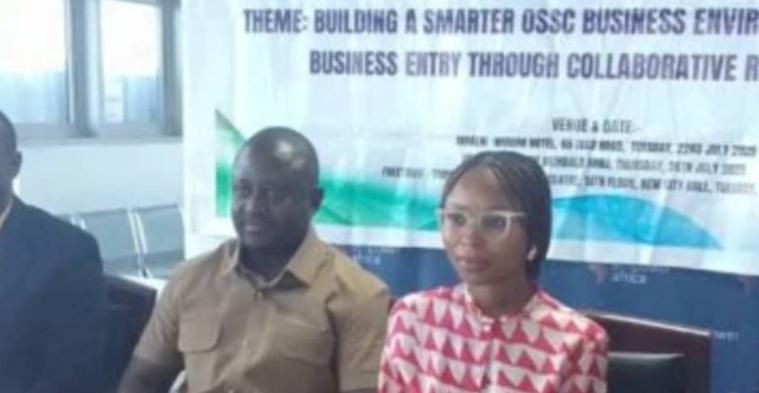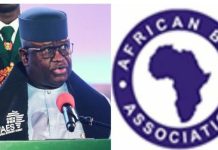Africa-Press – Sierra-Leone. The Government of Sierra Leone has officially launched a high-level Public-Private Dialogue (PPD) aimed at improving the country’s investment climate and accelerating business reform.
Spearheaded by the National Investment Board (NIB) in collaboration with the United Nations Development Programmed (UNDP), the initiative centers on enhancing the One-Stop Shop Centre (OSSC) to simplify and modernize the process of starting and operating a business in Sierra Leone.
Held under the theme “Building a Smarter OSSC Business Environment: Accelerating Business Entry through Collaborative Reform,” the event convened stakeholders from government institutions, the private sector, development partners, and civil society to discuss key challenges and actionable solutions to improve Sierra Leone’s business environment.
Representing the UNDP, National Economist Specialist Abu Turay emphasized the agency’s continued commitment to supporting Sierra Leone’s institutional reforms and economic development. Turay noted the significance of strong institutional support and efficient systems in enabling a vibrant private sector.
Fatima Mahawa Sandi, Deputy Executive Director of the NIB, highlighted persistent bureaucratic challenges affecting business operations. She pointed out issues such as redundant procedures, lack of automation, and service delivery bottlenecks as key obstacles to business growth and emphasized the importance of collaborative reform efforts.
Attorney General and Minister of Justice, Alpha Sesay, delivered the keynote address, describing the dialogue as a pivotal step toward making Sierra Leone more attractive to investors. He cited the OSSC as a tool for replacing fragmented and inefficient business registration systems with a streamlined, digitized, and investor-centered model.
Minister Sesay outlined five pillars central to the reform agenda:
1. Inter-Agency Coordination Improving collaboration and real-time data sharing among institutions.
2. Digitization of Business Processes Transitioning from paper-based to digital systems to enhance transparency and efficiency.
3. Legal and Regulatory Clarity Updating laws to protect investors and reduce ambiguity.
4. SME Inclusion and Awareness, Increasing registration access for women, youth, and small enterprises.
5. Capacity Building and Feedback Loops, creating systems for continuous improvement informed by user feedback.
He also acknowledged the technical support provided by UNDP and urged Ministries, Departments, and Agencies (MDAs) to fully support the reform process.
The dialogue is seen as an important step in Sierra Leone’s efforts to improve the ease of doing business, attract foreign direct investment, and foster inclusive economic growth. Stakeholders agree that sustained collaboration between the public and private sectors will be essential in building a modern, responsive, and competitive business environment.
For More News And Analysis About Sierra-Leone Follow Africa-Press






